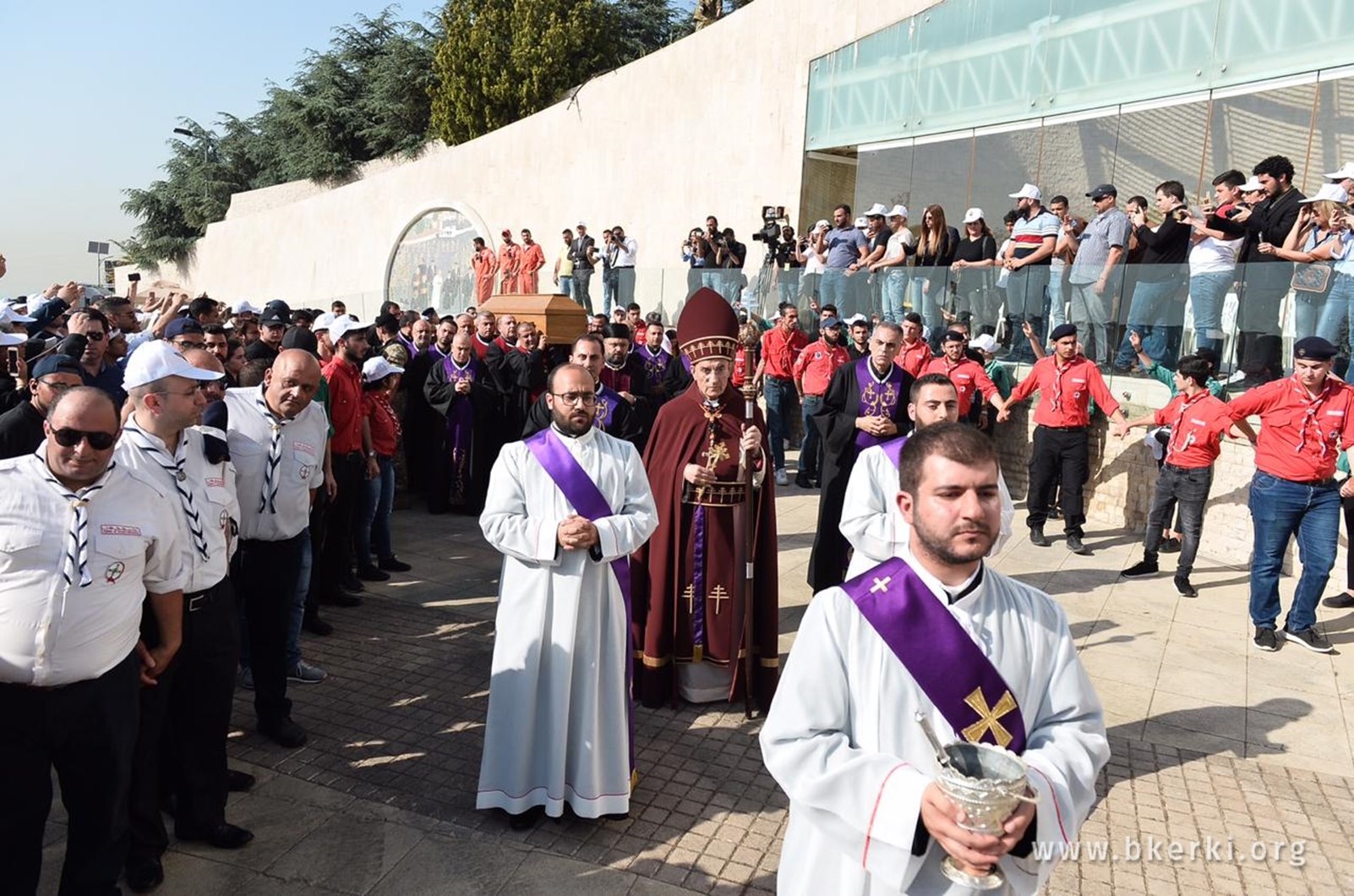
By Sarah Ayoub — smh.com.au — Almost 15 years ago, while sitting in a meeting among some church volunteers, a white Roman Catholic priest opined that the Maronites were taking over the Catholic Church in Australia. Despite knowing that I was Maronite, he continued ranting about certain Maronites in church leadership positions, while I, shocked to my core, sat there in silence taking it. Years later, when I began researching racism in Australia as part of my PhD, particularly as it affected teenage girls, I realised how much that encounter had traumatised me. It had been one of the most blatant displays of xenophobia I had ever experienced, and it took more than a decade for me to be ready to process it.
For those unfamiliar, the Maronite Rite is traced back to a 4th century Syrian Christian monk named Maron, who lived a life of austerity as a hermit in the Taurus Mountains. Persecuted for many years, the Maronites now make up a significant number of Arab Christians in the Middle East and the diaspora. It took my Muslim friend to remind me how ridiculous the priest’s accusations were. “Christianity was born in the Middle East,” she told me when I shared the experience. “If there’s anyone who should have a monopoly on it, it’s you.” Back then, I was the youngest in the room and bound by an idea of respect that I’m not sure I still espouse. But now, despite knowing there are an infinite number of good priests in the world, I also recognise that priests are men and therefore prone to flaws, and as we know, occasionally even evil. That priest had rubbished people in my community and led me to believe that my community had to better assimilate, or at least step back from taking up roles in the church in Australia, because we were different.
Good Food
Now I find this difference a source of pride. And there is no better time that this difference is practised than this very week – Passion Week, as Catholics call it – where the culmination of a period of fasting, prayer and almsgiving yields to rites and rituals that commemorate the coming of Easter in a decidedly Eastern way. Led by our community’s much-loved bishop, Antoine Tarabay, and beginning with Palm Sunday processions and a rite outside church doors called “the Arrival at the Harbour”, with its nods to the ark of the covenant, this week reminds my community of the things we can offer and share with others in the land we are making our home. It’s not easy: my generation is already struggling to maintain cultural practice as it further assimilates, and everything seems diluted and inauthentic next to our parents’ cultural and religious practice. The fact is, there’s nothing “new” about Christianity in this colony and it’s far less intriguing than Ramadan or Diwali, with their fascinating, rare and exotic signifiers. But the richness of Eastern rite practice offers a concrete way of sharing our heritage with our young, Australian-born children, while offering opportunity for perspective and dialogue on the commonalities we share with those in the Roman Catholic Church.
Good Weekend
This week, we’ve observed Maundy Thursday by visiting seven churches with small donations to the poor. We wake up on Good Friday for a street procession re-enacting Jesus’ journey to Calvary, breaking our fast on austere, peasant-style dishes (including a soup that legend has it was consumed by Mary on Good Friday) before a rite of adoration of the cross. Fairouz’s hauntingly sad Arabic hymns will play on repeat this weekend, until the sorrow gives way to joy and our homemade maamoul (a semolina biscuit filled with dates, pistachios or walnuts that’s also consumed on Muslim Eid) is finally savoured after weeks of fasting while we proclaim “He is risen, happy Easter”.
When I was growing up, I took those rituals – the hymns, the processions, the decidedly Arab way of doing things – for granted. Now, all these years later, I see them as an expression of my identity and a firm foundation for the passing on of heritage and cultural tradition. When I observe and celebrate my faith and culture over the next few days, I am reminded that there are some things for which it is worth resisting belonging.



